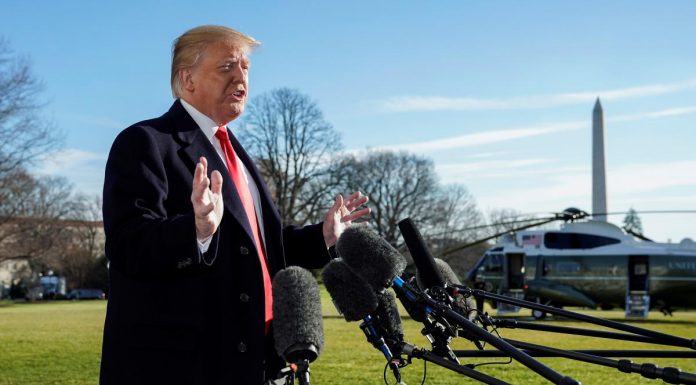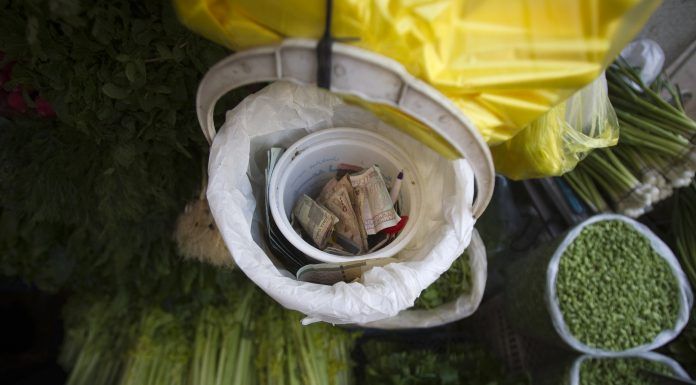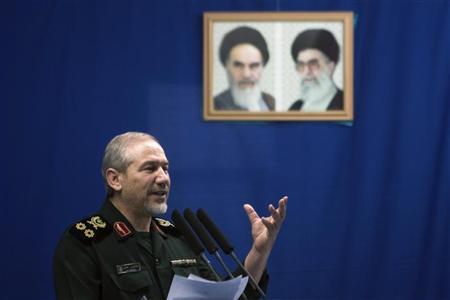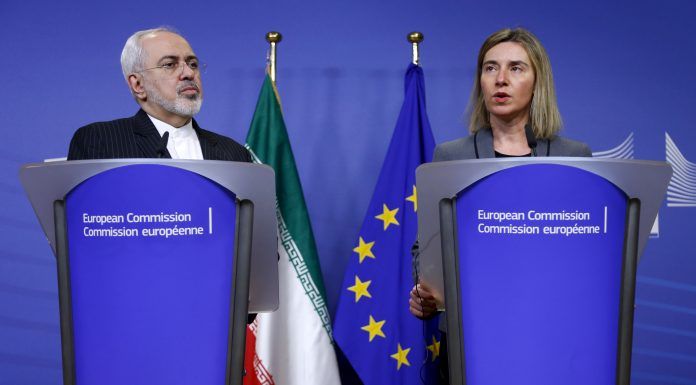By Natasha Phillips
11 Jan – Tensions soared between Iran and the U.S. this week as President Trump declared the sanctions a personal success during a press briefing. The comments infuriated Iranian officials who reacted by airing messages through Iran’s state media channels saying that Iran’s government would not bow to U.S. pressure. Iran confirmed Wednesday that it had arrested U.S. Navy veteran Michael White. The charges have not yet been specified.
U.S. Secretary of State Mike Pompeo told reporters Friday that the U.S. would be holding a global summit on the Middle East with a focus on Iran next month.
Meanwhile the EU added two Iranian nationals and an Iranian intelligence unit on the bloc’s terrorist list and froze their assets. This is the first time since the signing of the now moribund nuclear deal that such sanctions by the bloc have been imposed. Iran responded by promising to reciprocate the measures.
- In a press briefing Sunday, U.S. President Donald Trump said Iran was not doing well and wanted to talk. Iranian officials denied the claims. Bahram Ghasemi, a spokesperson for Iran’s foreign ministry responded to the comments Monday by saying that the statements were not true and that Iran would continue to resist attempts by the U.S. to destabilize the country. The Secretary of Iran’s Supreme National Security Council, Ali Shamkhani, spoke out at a security conference on the same day. Shamkhani also denied Trump’s claims and told conference attendees that the U.S. government had consistently reached out to Iran to re-instate negotiations and had also tried on two separate occasions to reach out to Shamkhani personally to talk.
→ Link to source
- Yahya Rahim-Safavi, a senior military official and former commander of the Islamic Revolutionary Guards Corps (IRGC), called on the U.S. government to recognize Iran as the leading power in the Middle East. The Major General made the comment during a military conference, adding that the acknowledgment needed to be made in light of victories Iran had won in Syria and Iraq. Safavi went on to say that America’s power in the region was waning. Estimates suggest that the Iranian government has spent more than $16 billion since 2012 on the war in Syria.
→Link to source
- A report published by the German government confirmed that the country received 1,000 applications a month for asylum from Iranians last year. The latest figures represent an increase of 600 applications a month over a period of five years. The report claims that 74 percent of refugees in Germany are individuals under 30, including a significant number of university graduates from Iran. Around 35 percent of asylum requests were granted by German authorities in 2018, though it’s not clear how many of those came from Iran.
→ Link to source
- A parliamentary research body in Iran has concluded that the government’s anti-poverty measures have failed. The Majlis Research Center published a report which noted that poverty in Iran had risen to 30 percent at the end of last year and that government subsidies and cash payments had not managed to help struggling households in Iran. The country’s food distribution scheme was also unsuccessful. Officials were concerned by the issues, with advisors to the government blaming the economic crisis on policymakers’ carelessness when drafting budgets for the country. Economist Farshad Momeni, who is a supporter of President Hassan Rouhani, called out politicians on what he viewed as their fiscal mismanagement and increasingly opaque spending decisions. Momeni warned the government that transparency was key to keeping civil unrest to a minimum. He said:, “Any measure that accelerates inflation can lead to a humanitarian crisis… The high cost of living, unemployment and runaway inflation could turn the public against the government.”
→Link to source
FILE PHOTO: U.S. President Donald Trump speaks to the media. REUTERS/Joshua Roberts Money earned by a vendor are pictured in a plastic bucket, which is used as a safe, near a bazaar in northern Tehran REUTERS Rahim Safavi. REUTERS/Morteza Nikoubazl FILE PHOTO: Iran’s Foreign Minister Mohammad Javad Zarif and European Union foreign policy chief Federica Mogherini (R). REUTERS/Francois Lenoir





